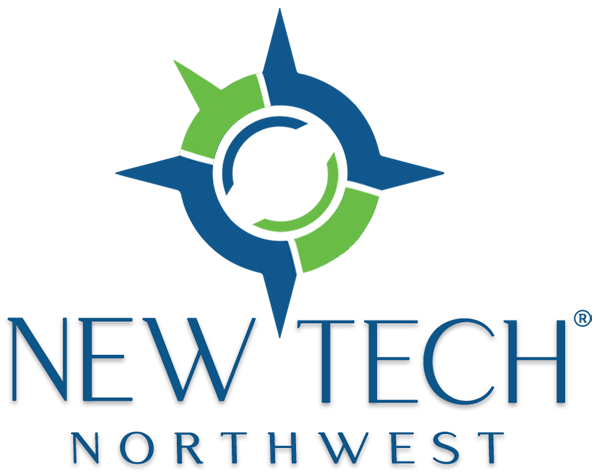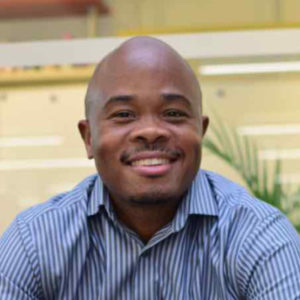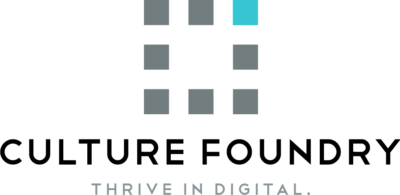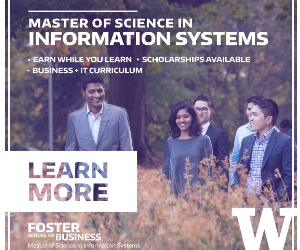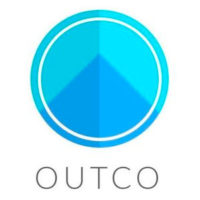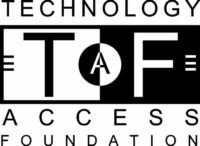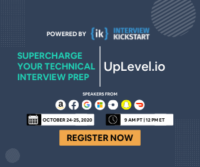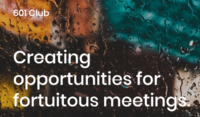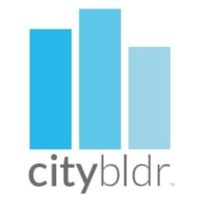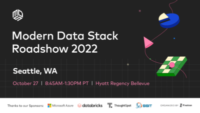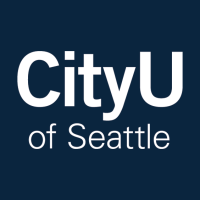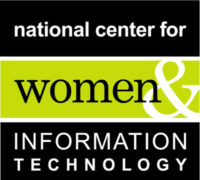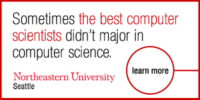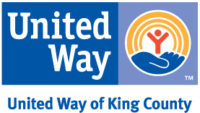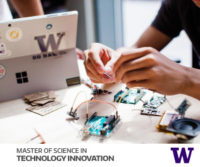Each week in the New Tech Newsletter we feature a Spotlight Q&A with founders, angels, New Tech alumni presenters, and other people or companies in our community we believe you’d like to learn about. Reach out if you’d like to recommend a startup, founder, angel, accelerator, or New Tech alumni presenter for us to spotlight for the PNW tech community!
This week we spoke with Fred Swaniker, Founder & Chief Curator at The Room and Founder of the African Leadership Group
What is the most valuable thing you’ve learned since you first presented at NTNW?
The most valuable thing we’ve learnt in the last 5 years is that the conventional system of higher education around the world is broken. It costs too much, takes too long, and doesn’t prepare people for the future of work. We must therefore disrupt it to make it lower-cost, faster, and more relevant for the future. What African Leadership University (ALU) is doing is a great example of the disruption we need. For example, most universities today force you to pick from a menu of academic disciplines. Yet the world is changing so fast that what you study in college rarely correlates to what you do in life. We believe that the purpose of higher education should be to ‘learn how to learn’, and to learn how to solve problems. So we instead give our students a menu of the ‘grand challenges’ facing the world–big problems that need to be solved like climate change, healthcare, urbanization, food security, gender equality, youth unemployment etc. Our students then declare a ‘mission’, and not an academic major. They then get to curate various learning resources around the problem they want to solve. We also believe that it’s important to learn from the real world. So, our students spend only 10% of their time in the classroom, 20% with mentors, coaches and peers, and 70% learning by ‘doing’ in the real world.
Did the pandemic cause your company to change/pivot your business model or strategy?
It certainly did. At ALU we believe that constraints drive innovation and this was our reality during the pandemic. We were forced to adapt and we did this by accelerating our digital learning and automating a lot of our processes. For example, before the pandemic, all our students had to fly from all across Africa to one of our two campuses in Mauritius or Rwanda. This was costly and removed them from their local communities. Thanks to the pandemic, we are now moving to a more decentralized, distributed model that blends online learning with small, in-person local hubs where our students can gather to engage in peer learning and to find community (without faculty). In this way, we have radically reduced the cost of attending ALU from $15,000 per year 5 years ago to now around $2,000.
What is the most innovative way your tech solves the problems of your customers?
We just launched a bold new strategy that aims to increase our enrollment at ALU by 10x in the next 5 years while drastically reducing the cost of attendance. This strategy will be powered by a technology platform that allows our students to curate content from various sources and thereby personalize their education in relation to the problems they want to solve. The technology platform also aggregates our student’s preferences, skill sets and interests while also tracking their progress, monitoring interactions with their coaches and mentors, sharing recommendations that can help their learning and much more. By rolling out this technology, we will enable a blended learning experience through our Hub system- from anywhere in the world. We are also in the process of developing a platform that helps to match our students with global work opportunities like virtual internships, and provides them access to some of the most extraordinarily talented people in the world.
What is something interesting and unexpected that people would be surprised to learn about your company?
Two things that come to mind are:
- We believe that once you join ALU, you never quite ‘graduate’. We really believe in lifelong learning and so classify our student classes based on the year they enrol and not the year they graduate. When our students graduate from ALU- they become members of The Room – a community we created to help the world’s most extraordinary talent fulfill their potential. The Room is a community of senior executives, successful entrepreneurs, venture capitalists and angel investors that provides our graduates with the networks they need to access the internships, jobs, mentorship, startup capital, fellowships, scholarships etc. Research shows that 75% of jobs are never advertised. They’re filled by word of mouth. Who you know matters more than what you know. So we’ve built this powerful network and are plugging our graduates into it so they can find the ‘social capital’ they need to fulfill their potential.
- Our “Missions not Majors” approach to education was actually modeled after the Stanford University’s 2025 project. The project which started in 2014, invited the Stanford community on a thought experiment to reimagine higher education. Interestingly, while Stanford came up with many great ideas for reimagining the future of education, they have not been able to implement most of them because of legacy issues. It’s really hard to change a 150-year old institution. The pull of gravity of tradition is often insurmountable. Today, thanks to the ‘clean slate’ and lack of legacy we have in Africa, we are successfully implementing these ideas and creating a new model of higher education for the world. It turns out that the US does not have a monopoly on innovation. The higher education model our children will be going through in 50 years time will look a lot more like ALU than what we see at most US colleges and universities today.
